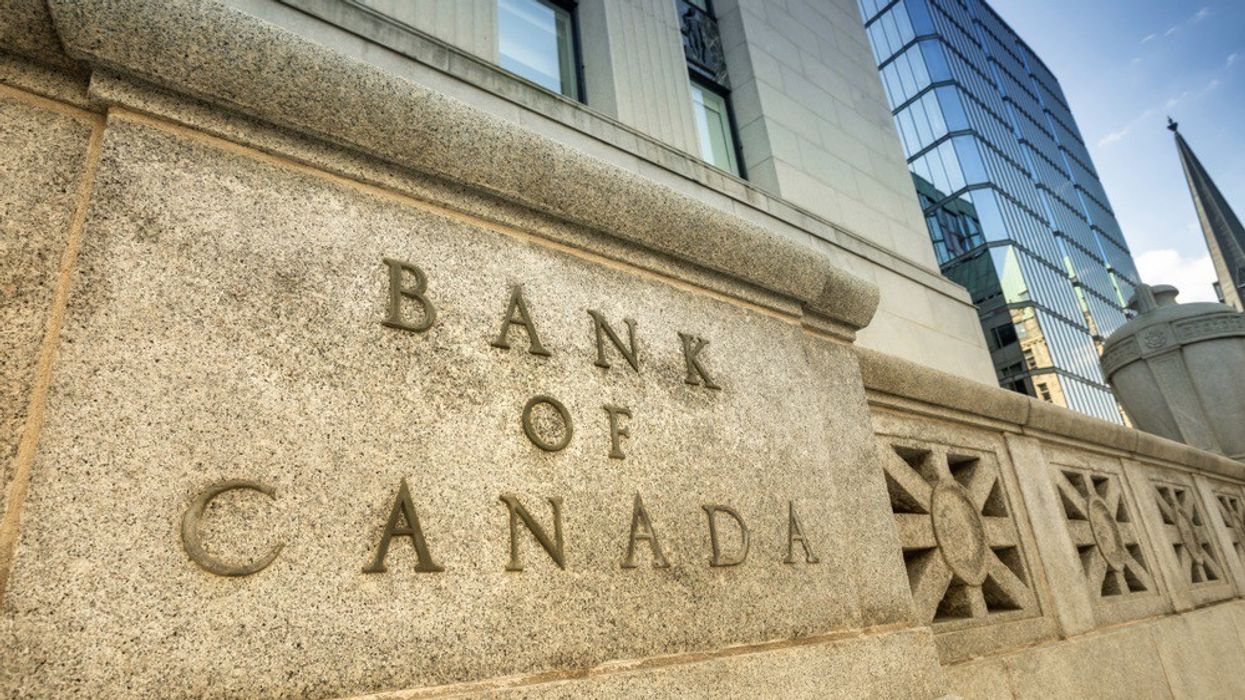The Bank of Canada declined to hike interest rates Wednesday but, in light of concluding its quantitative easing (QE) program, the first domino has fallen and that indicates increases are forthcoming.
And when interest rates do climb, the housing market will stabilize, says Robert Hogue, Senior Economist at RBC Economics.
“Maybe [the Bank of Canada’s] tone was a bit more hawkish than most people would have expected but we had fully anticipated that today would have been when the Bank announced they’re ending quantitative easing and staying where they are, in terms of their balance sheet and the assets they bought through the pandemic,” Hogue told STOREYS. He noted that the central bank intends to hike interest rates twice next year, which would bring the benchmark rate up 50 basis points, although a third increase could be in the cards.
“For some homebuyers, 50 basis points will make a bit of a difference,” Hogue continued. “The first 50 basis points will raise the bar for some buyers who have stretched their limit, but in our view this is not going to trip the market or trigger a major correction. It will be among the elements that stabilize the housing market and cool it down a little bit, and work towards slowing down the price increases.”
READ: Interest in Variable-Rate Mortgages Indicates “Seismic Shift” for Industry
The conditions that led to the housing rush, including the Bank of Canada plunging the benchmark interest rate to an historic low, during the pandemic are running their courses, according to Hogue, and while the pendulum won’t swing all the way back, he expects equilibrium.
“With the major movement in changing housing needs towards more space and the abilities of people to work outside an office from their homes, and freeing them to move outside of core urban areas, I’m not suggesting we’re going back to pre-COVID but the pendulum will swing back towards the middle,” he said. “Again, we’re not expecting a major correction or some kind of crash in the market, but certainly it will signal those stars that were aligned through COVID, the ones that supported this boom, are becoming unaligned.”
As interest rate hikes pertain to real estate, the QE program of buying government bonds affects fixed-rate mortgages but not variable mortgages, the latter of which mortgage broker Daniel Johanis is fond of in today's market.
“Wednesday’s interest rate announcement was more centred on how the fixed rates are going to react to QE being discontinued. No surprise here, but we’ll likely see fixed-rate mortgages rise as the bond yields also start to increase,” Johanis, owner of Pekoe Mortgages, said. “However, the Bank of Canada did hint that we may see an increase with the variable-rate mortgages sometime next year, which is a little bit earlier than anticipated. I think this is predicted on inflation being transient. We have to wait and see how CPI [Consumer Price Index] is affected because, remember, the cost of almost everything is going up.”
Johanis added that variable-rate mortgages are typically quoted at a discount to the prime rate, which is currently sitting at 2.45%. It's not unusual to see insured rates as low as prime-minus 1.30%, which it currently is, and which is an effective rate of 1.15%, he says.
“If the bank does increase the overnight rate, they can do so to a maximum of 25 basis points at each announcement. So, let’s assume there’s a super aggressive increase of 1% in the second half of 2022 into 2023, using the rate discount example I gave we are still going to be at a rate of 2.15% for variable rate mortgages, a historically low rate,” Johanis said.
“The number of rate increases it will take for fixed rates to financially make sense, as in it offsets the variable rate savings, would have to be very aggressive in order to come out ahead in the typical five-year term.”





















